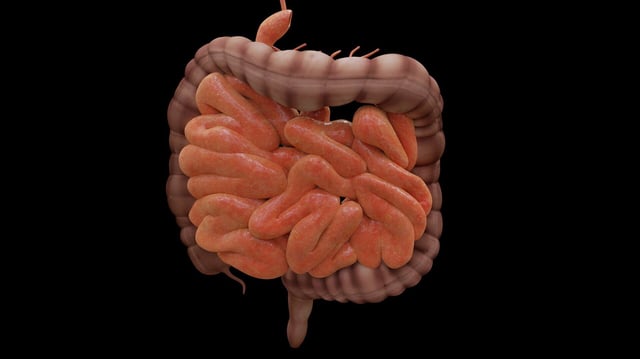Overview
- University of Chicago researchers found that anaerobic bacteria from donor stool colonized the small intestine in mice and human tissue models for up to three months after a single FMT
- Transplanted microbes altered gene and protein expression in the intestinal lining, driving shifts in host metabolism, immune function and behavior
- FDA approval of FMT remains limited to recurrent Clostridium difficile infections even as off-label use expands into inflammatory and metabolic disorders without clear long-term safety data
- The gut microbiome consists of distinct regional ecosystems, and conventional transplants risk introducing microbial mismatches by focusing on colon-derived communities
- Authors advocate an “omni-microbial transplant” approach that sources microbes from all intestinal regions to better match native niches and reduce off-target effects



